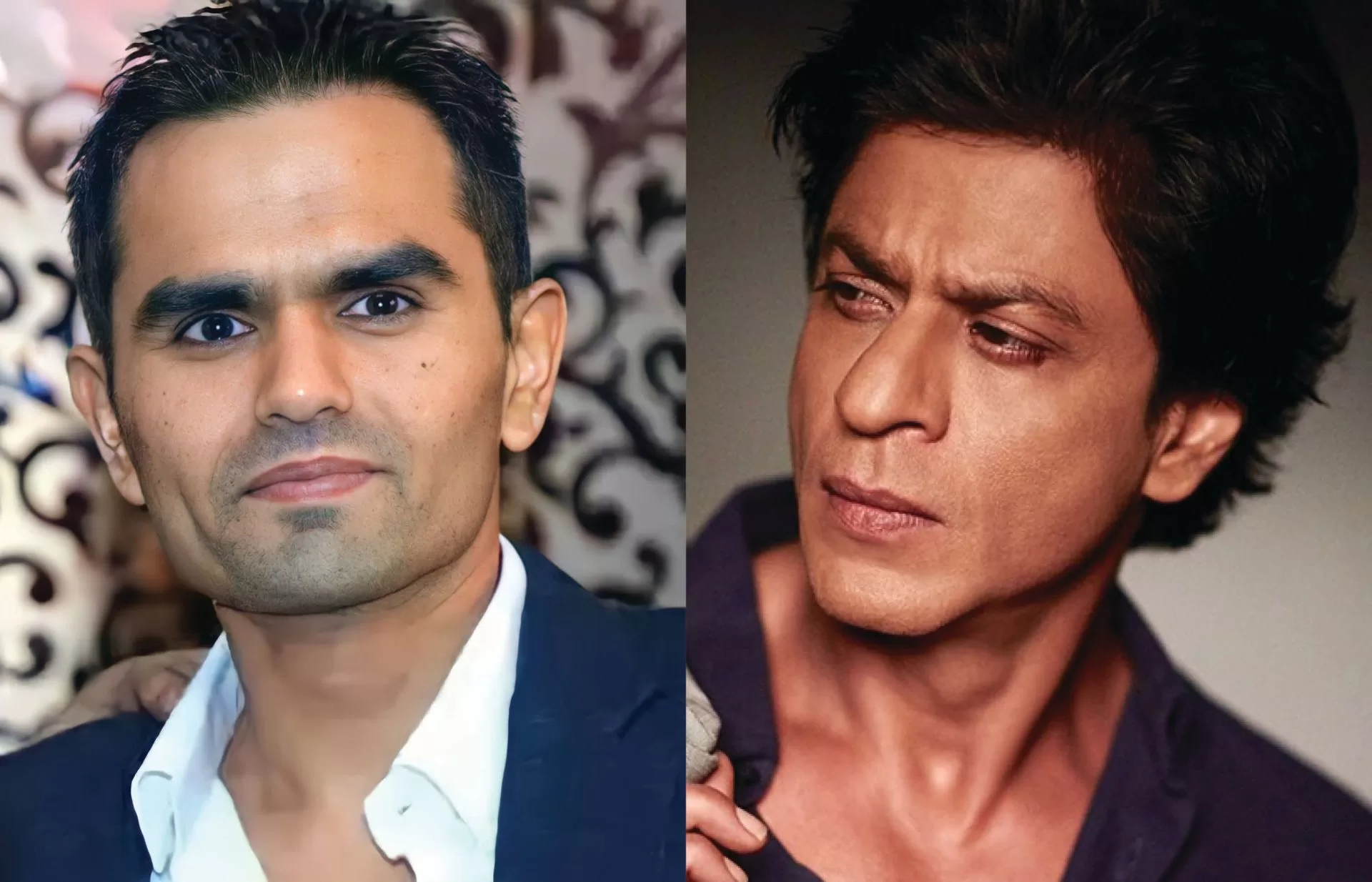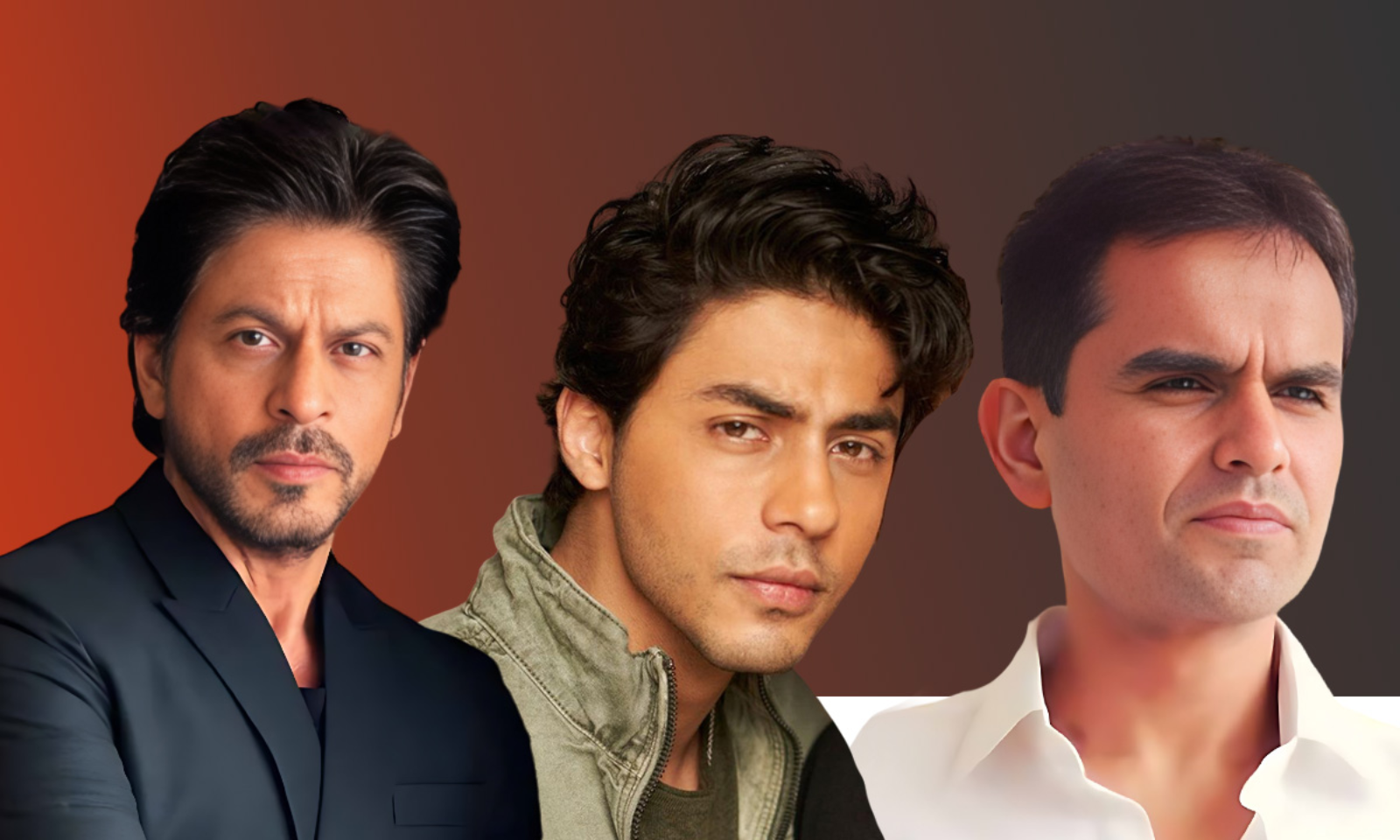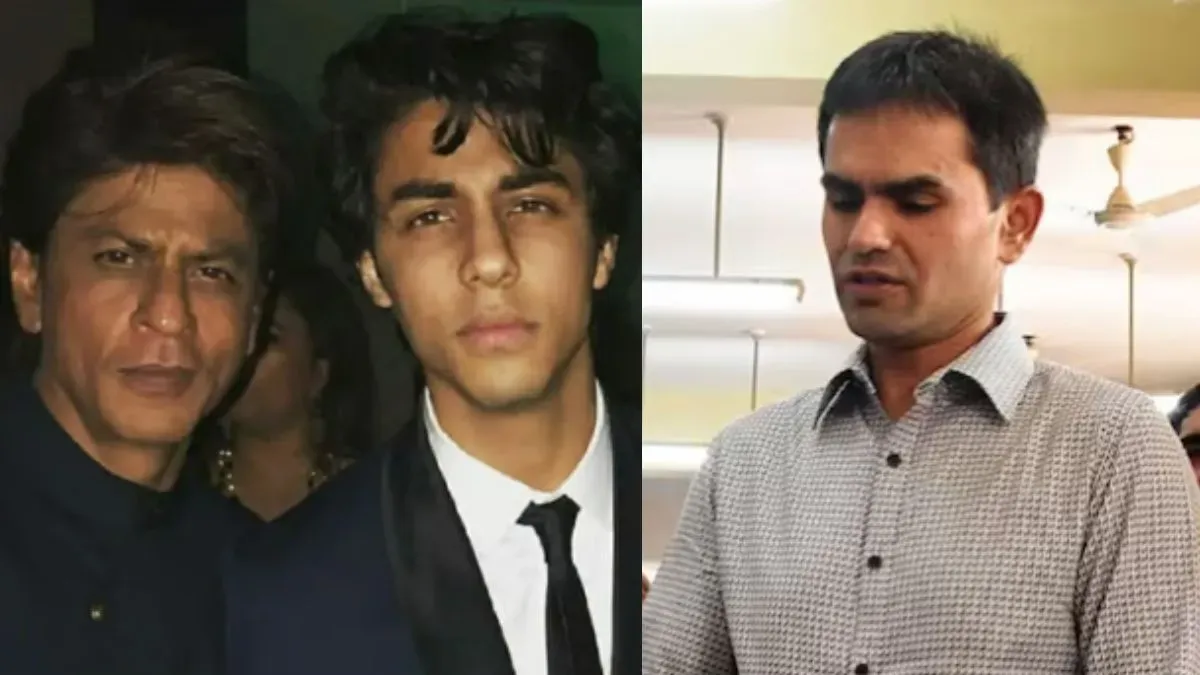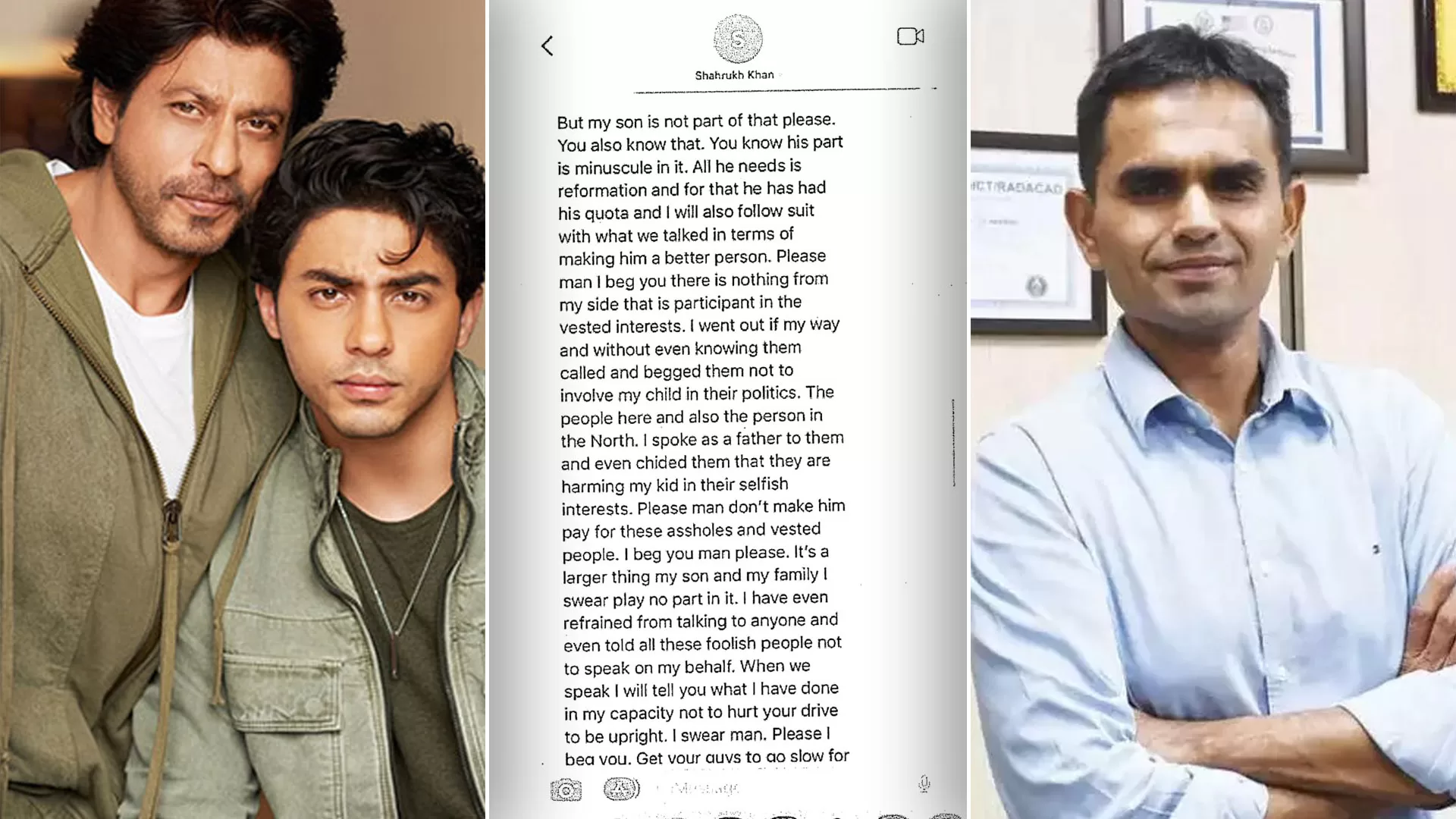Sameer Wankhede’s Rejoinder To Shah Rukh Khan’s ‘Bete Ko Haath Lagane Se Pehle’ Dialogue: ‘I’ve Burnt Houses…’

In a bold and unexpected retort to Shah Rukh Khan’s recent ‘father-son’ dialogue, Sameer Wankhede has declared, “I’ve burnt houses and danced on them, don’t scare me.” Let’s dive into the intense exchange, exploring the fiery words that have sparked a conversation both on and off the screen.
The Background: Shah Rukh Khan’s ‘Father-Son’ Dialogue

Aryan Accused in CBI’s Case against Sameer Wankhede
Shah Rukh Khan, known for his charismatic roles, recently delivered a powerful dialogue with paternal undertones. However, Wankhede, unswayed by the grandeur of Bollywood, responded with a statement that echoes resilience and fearlessness.
Wakhede’s claim to have burnt houses and danced on the ashes opens a window into a life marked by bold choices and unwavering tenacity. The intriguing question arises: What experiences have shaped this fearless individual who stands unafraid in the face of Bollywood royalty?
Social Media Reacts: A Clash of Worlds

Shah Rukh Khan and Sameer Wankhede’s chat went viral after Aryan Khan’s case
As news of the fiery exchange spread, social media became a battleground of opinions. Fans of Shah Rukh Khan defended their idol’s dialogue, while others applauded Wankhede for his raw and unfiltered response.
The clash of worlds between Bollywood glamour and real-life grit captured the attention of diverse audiences.
Wankhede’s statement provides a rare glimpse into a world that lies beyond the silver screen – a world where challenges are faced with courage, and resilience is not just a character trait but a way of life. His words serve as a reminder that strength is often forged in the crucible of life’s most trying moments.
Real Strength Lies in Actions

Leaked Shah Rukh Khan’s Chat With Sameer Wankhede After Aryan’s Arrest
In a world often enamored by the glamour of cinema, Wankhede’s bold assertion calls for a reevaluation of what it truly means to be strong.
The exchange between Shah Rukh Khan and Wankhede isn’t just a clash of words; it’s a clash of narratives – one scripted for the silver screen, and the other lived out in the unscripted reality of life. As the echoes of this unexpected confrontation reverberate, it prompts us to reflect on the power of dialogue versus the power of lived experiences.
In the realm of bold exchanges, Wankhede’s fearless response is a testament to the strength emanating from the crucible of real-life challenges. As the dialogue unfolds on and off the screen, it sparks a conversation about the narratives shaping our perceptions of strength and resilience.










